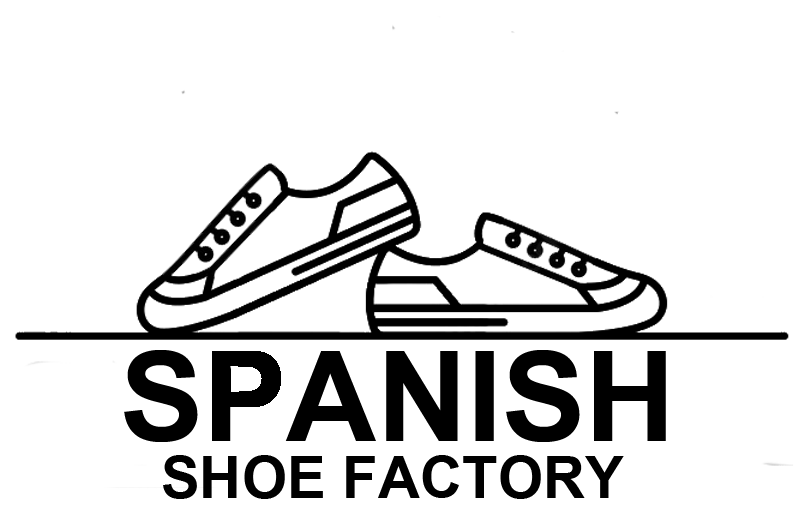In the modern market, there are various types of clogs available, each with its own unique style, design, and functionality. Some of the most common types of clogs include:
Traditional Wooden Clogs: These are the classic clogs made from a single piece of wood for the sole, often with a raised heel and an open back. Traditional wooden clogs are associated with certain cultures and are known for their durability and sturdiness.
Leather Clogs: Leather clogs feature a leather upper and may have a wooden, cork, or rubber sole. They come in various styles, including slip-on, buckled, or with decorative stitching. Leather clogs are often favored for their comfort and versatility.
Professional Clogs: Professional clogs are designed for individuals who spend long hours on their feet, such as healthcare workers, chefs, and hospitality staff. These clogs typically have features like slip-resistant soles, cushioned insoles, and ergonomic designs to provide maximum comfort and support during extended wear.
Fashion Clogs: Fashion clogs are trendy footwear designed for everyday wear. They come in a wide range of styles, colors, and materials, including suede, canvas, and synthetic materials. Fashion clogs may feature embellishments like studs, buckles, or printed patterns to enhance their aesthetic appeal.
Platform Clogs: Platform clogs have a thick, raised sole that adds height to the wearer. They often feature a chunky heel or platform sole made of wood, rubber, or cork. Platform clogs can be worn for both casual and dressy occasions and are popular for their retro-inspired look.
Garden Clogs: Garden clogs, also known as gardening shoes or clogs, are designed for outdoor activities such as gardening, yard work, and landscaping. They typically have a waterproof or water-resistant upper and a durable, slip-resistant sole for traction on wet or muddy surfaces.
Medical Clogs: Medical clogs, also called nursing clogs or healthcare clogs, are specifically designed for medical professionals who require footwear that provides comfort, support, and protection in a clinical environment. They often feature features like anti-microbial linings, shock-absorbing soles, and easy-to-clean materials.
Swedish Clogs: Swedish clogs, also known as Swedish wooden clogs or Swedish orthopedic clogs, are characterized by their ergonomic design and contoured footbed. They are designed to provide optimal support and alignment for the feet, making them popular among individuals with foot conditions or those seeking orthopedic footwear.

